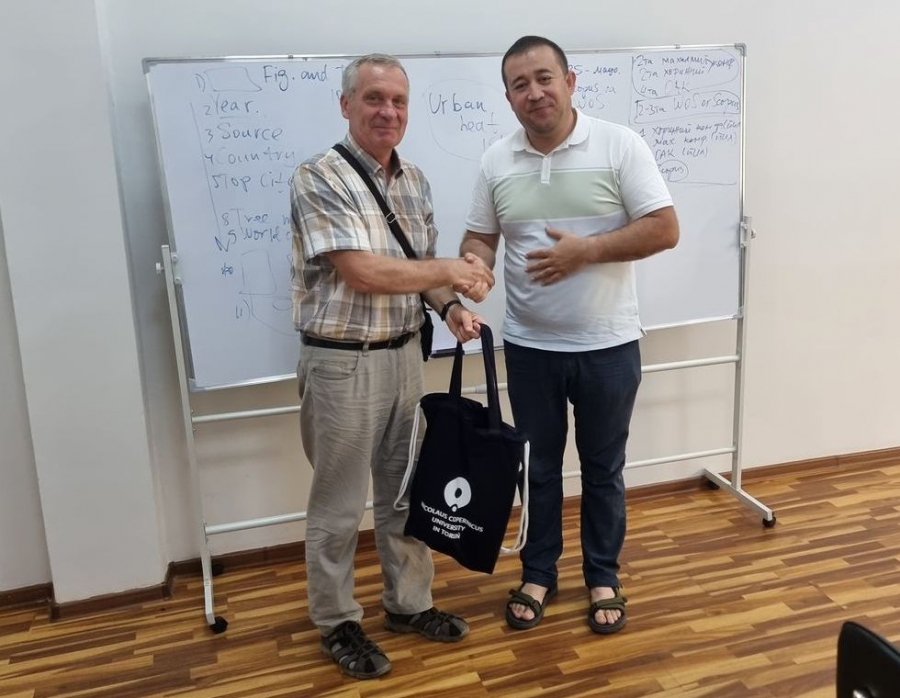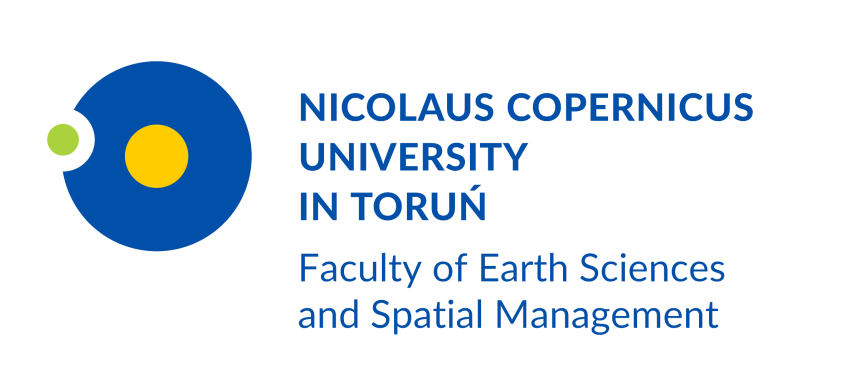
Between June 16–20, 2025, Dr. habil. Marek Kejna, Associate Professor at Nicolaus Copernicus University in Toruń, visited the Institute of Irrigation and Agricultural Mechanization Engineers, a subunit of the National Research University (TIIAME) in Tashkent, Uzbekistan, within the framework of the Erasmus+ KA 171 programme. The visit served as an extension of existing cooperation between Soil Science and Landscape Ecology Department of our Faculty and the university in Tashkent. The current objective was to initiate joint research on the impacts of climate change in Poland and Central Asia.
Uzbekistan is among the countries with limited water resources, which are largely dependent on atmospheric precipitation and the melting of glaciers in the Tien Shan and Pamir-Alay mountains in the southern part of the country. Ongoing global warming poses a significant threat to the country's economy, particularly to agriculture, which relies heavily on irrigation systems.
During the visit, Prof. M. Kejna met with the deputy director of the Institute - DSc Jamoliddin Razzokov, and with the Head of the Laboratory for Assessing the Impact of Climate Change on Agricultural Production, Dr. Mukhiddin Juliev. A key part of the visit included lectures delivered to the Institute's staff and PhD students, addressing climate change, its consequences, and strategies for mitigating warming and adapting to new environmental conditions. One of the lectures was also devoted to presenting Poland's natural environment, history, and cultural heritage.
The Uzbek scientists showcased the functioning of the capital city of Tashkent (with a population exceeding 3 million) in the context of a hot, arid, subtropical climate.

 ul. Lwowska 1, 87-100 Toruń
ul. Lwowska 1, 87-100 Toruń









